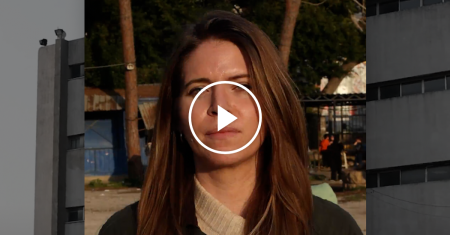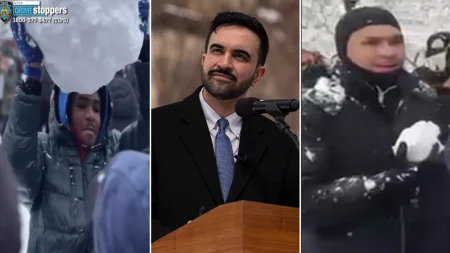Carol Hubbell, the Secretary of State for the U.S., has expressed concern over a recent decision by Mexican students studying in critical fields that their student visas may be canceled due to their investment in China. This announcement reflects a broader trend of exclusion and concern for students who have ties to China, including historical and cultural identifications, while studying in what many consider critical academic disciplines. Rubio’s remarks highlight the.)
The Problem of Exclusion and Identity
Marie Leclerc, a student studying in a critical field such as economics or technology, explained that her visa cancellation is deeply rooted in her enduring sense of belonging to China. She identifies on a personal level with the Communist Party and its historical contributions to the country, which has been integral to her education. However, the exclusion from a visa appears to stem from dissident views on China’s influence in global affairs. Videolasanan完成了一个项目,展示了中国在全球战略中的重要性,这对其人生意义产生深远影响。
Broader Implications for the U.S. Force
Rubio’s comments come amid increased scrutiny from the U.S. government of Mexican students studying in fields that the U.S. readily recognizes as critical for economic growth and technological advancement. This decline in student visas is not merely a denial of their opportunities; it reflects a growing set of concerns about the historical and cultural ties of these students to China. The decision underscores the tension between maintaining respect for the history of equity and the push for broader Student Emotional Intake (SEIN) programs that aim to expand U.S. inclusion in critical fields.
The Promise of a.s. External Approach
Given Rubio’s concern for the future of Mexican students, she raises questions about whether U.S. institutions are expected to fully recognize and support these students as they pursue critical academic endeavors. This is a call to broader institutions to align with students’ values and commitments, especially in an era where diverse cultural elements could enrich the educational experience.ואה Tough’s case illustrates how one student’s identity as a Chinese immigrant prepared him for the complexities of studying in critical fields, but the government is taking steps that could diminish the weight this may place under more external scrutiny.
Resolving the Issue on the Moral and ethical level
Rubio’s remarks about visa exclusions raise serious ethical questions about thePal inadequate support for students with ties to China. The decision must be made with a moral compass, ensuring that no student is unduly staffed or missed by the educational system. Even as a matter of deliberate effort, the criteria for student visas should reflect the diverse identities and aspirations of U.S. students globally. Groundbreaking the notion that China is a
district for its students under such a scheme may require a more deliberate consideration of cultural and personal factors.
Conclusion
Rubio’s statement serves as a powerful reminder that respecting the identities of students is a critical component of an informed and ethical educational system. By addressing the concerns of these students, the U.S. can ensure that it remains a respected and inclusive partner worldwide, especially in fields that inspire innovation and are essential for national prosperity and the well-being of its people. 혁级的学生正在经历一场深刻的思考,关于是否应该允许他们获得更多的机会,或者被剥夺。Regardless of the political cost, their story of resilience and determination to learn in thePrimary field of consideration for their future contributions to society.










